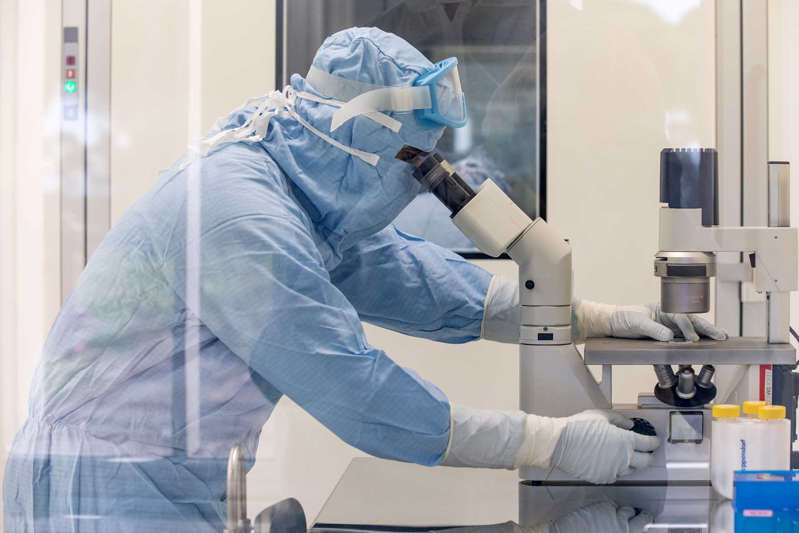
An inadequate content of the oxygen-releasing protein in red blood cells leads to cognitive decline and premature aging. The results of the study are published in the journal PLOS Biology.
According to scientists from the United States and China, it is the lack of oxygen that leads to aging and contributes to the decline in cognitive functions and hearing loss with age.
In experiments on mice, the researchers found that when blood levels of the ADORA2B protein decrease in animals, memory and hearing deteriorate, inflammation develops in the brain, and aging accelerates. It is part of the membrane of red blood cells and helps release oxygen from the blood. But with age, its content in the blood decreases significantly. Scientists have suggested that there is a direct link between these factors.
As an experiment, the authors of the study bred mice lacking ADORA2B in their blood and compared their behavior and physiology with animals from the control group. The animals were placed in conditions of oxygen starvation, and it turned out that as they age, mice, in whose blood ADORA2B was not present, lost their cognitive abilities faster and more noticeably than animals from the control group. From this, the authors conclude that the ADORA2B protein regulates the supply of additional oxygen to the brain in the event of a lack of oxygen.
“Our results show that the ADORA2B red blood cell signaling cascade, by promoting oxygen delivery to the brain, fights early-onset cognitive decline, memory and hearing impairment,” said study leader Dr. Yang Xia of the Department of Biochemistry and Molecular Biology at McGovern School of Medicine. University of Texas.
The authors note that further research is needed to determine if treatment with drugs that activate ADORA2B can attenuate cognitive decline and prevent premature aging.

